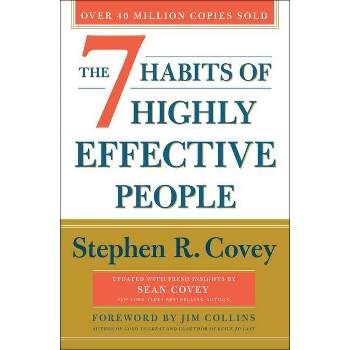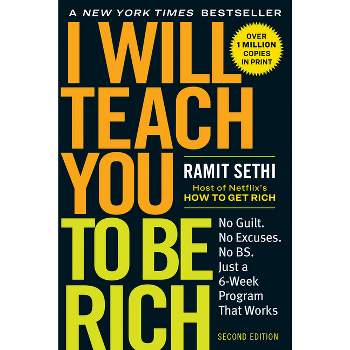Sponsored
Judging the Boy Scouts of America - (Landmark Law Cases & American Society) by Richard J Ellis (Paperback)

About this item
Highlights
- As Americans, we cherish the freedom to associate.
- Author(s): Richard J Ellis
- 272 Pages
- Freedom + Security / Law Enforcement, Constitutional
- Series Name: Landmark Law Cases & American Society
Description
About the Book
The story of how Eagle Scout and assistant scoutmaster James Dale's decision to come out as a gay man led to a historic Supreme Court case.Book Synopsis
As Americans, we cherish the freedom to associate. However, with the freedom to associate comes the right to exclude those who do not share our values and goals. What happens when the freedom of association collides with the equally cherished principle that every individual should be free from invidious discrimination? This is precisely the question posed in Boy Scouts of America v. James Dale, a lawsuit that made its way through the courts over the course of a decade, culminating in 2000 with a landmark ruling by the U.S. Supreme Court. In Judging the Boy Scouts of America, Richard J. Ellis tells the fascinating story of the Dale case, placing it in the context of legal principles and precedents, Scouts' policies, gay rights, and the "culture wars" in American politics. The story begins with James Dale, a nineteen-year old Eagle Scout and assistant scoutmaster in New Jersey, who came out as a gay man in the summer of 1990. The Boy Scouts, citing their policy that denied membership to "avowed homosexuals," promptly terminated Dale's membership. Homosexuality, the Boy Scout leadership insisted, violated the Scouts' pledge to be "morally straight." With the aid of the Lambda Legal Defense Fund, Dale sued for discrimination. Ellis tracks the case from its initial filing in New Jersey through the final decision of the U.S. Supreme Court in favor of the Scouts. In addition to examining the legal issues at stake, including the effect of the Supreme Court's ruling on the law of free association, Ellis also describes Dale's personal journey and its intersection with an evolving gay rights movement. Throughout he seeks to understand the puzzle of why the Boy Scouts would adopt and adhere to a policy that jeopardized the organization's iconic place in American culture--and, finally, explores how legal challenges and cultural changes contributed to the Scouts' historic policy reversal in May 2013 that ended the organization's ban on gay youth (though not gay adults).Review Quotes
"With an appreciation for the realities of practice and advocacy, the book identifies Dale as part of a shift in Lambda Legal's impact litigation strategy as it moved from safer, more lucrative AIDS cases toward riskier, higher-profile work, and describes the challenges of litigating in a rapidly evolving legal and cultural environment."--Harvard Law Review
"With the Boy Scouts of America v. James Dale case, the Constitution becomes a Procrustean bed--in fact, a whole room of them. Ellis' account is riveting."--Karen Orren, , Professor of Political Science at UCLA
"Richard Ellis has produced a thoroughly compelling and readable account of a century's worth of efforts to hold the Boy Scouts to their own standards for fairness, loyalty and justice. It's the most comprehensive and accurate narrative of early legal actions against the Scouts I've ever seen; I learned things I didn't know about my own lawsuit."--Tim Curran, journalist and plaintiff, Curran v Mt. Diablo Council, 1981
"I knew the broad outline of the Dale case and the cultural issues it raised, but Ellis's carefully researched book opens up layers of complexity and subtlety that show me even more about the dramatic intersection of lives, ideas, laws, and institutions involved with landmark court decisions like Dale. I am grateful that so skilled an historian and writer as Ellis has told this story-behind-the-story."--Jay Mechling, author of On My Honor: Boy Scouts and the Making of American Youth











